zapata [he/him]
- 22 Posts
- 50 Comments
- zapata [he/him]to
 ·4 years ago
·4 years agoThanks, didn't know about Rzewski :)
- zapata [he/him]to
 ·4 years ago
·4 years agoOof this is anxiety inducing!
Here's Montréal-Nord by québécois rapper Koriass. Tis about life in a poor neighborhood in mtl.
- zapata [he/him]to
 ·4 years ago
·4 years agoThanks the both of you!
- zapata [he/him]to
 ·4 years ago
·4 years agoWhat's the source for this? An Algerian friend claims that the calligraphy is of the Qur'an weirdly enough.
- zapata [he/him]to
 ·4 years ago
·4 years agoEngels was obviously overly-optimistic in thinking that universal suffrage would necessarily bring about the success of a workers' party, which would eliminate the need for workers to support the less reactionary bourgeois politicians. The task is, as we all know especially after the defeat of Corbyn, St Bernard etc. a lot more complicated. In the same way, mutatis mutandis, one ought to electorally oppose Trump to give the working class a more favourable environment "for its existence, for the air it needs to breathe." It sounds goofy to use those lofty words to describe voting for a piece of shit like Biden but it's the strategic choice you're unfortunately confronted with.
What is to be done indeed. What do you propose? Armed proletarian insurrection when the left can't even get enough people to vote in a primary for a nice old man promising universal healthcare?
ok I guess everything is hopeless then and we should all just kill ourselves :)
"está claro que si la burguesía logra mantener el capitalismo aquí, y el golpe trumpista es derrotado, no será acumulando otros diez millones de votos para el candidato burgués más tradicional…"
No estoy de acuerdo. El éxito de un golpe trumpista, lo cual sería difícil de llevar a cabo, no es una conclusión inevitable. Por lo tanto, no sería una pérdida de tiempo votar por el candidato burgués viable de oposición en los "swing states."
Puede ser que no haya entendido tu argumento, pero Chomsky no está diciendo que la izquierda debería castrarse, convirtiéndose en lacayos del DNC. Engels argumentó, como he citado anteriormente, que los trabajadores deben apoyar a la burguesía contra sus elementos más reaccionarios mientras se aseguran de luchar por sus propios intereses ("remain true to itself"). Qué hay de malo en este argumento?
Yeah he says that bc he rightly recognizes that the rules of the game under Trump are worse for the left than under his opponent. I was responding to TemporalMembrane's argument that voting doesn't matter because it doesn't challenge the bourgeois order. If this is the case then why give a shit one way or the other about Chomsky advocating to vote for the lesser evil given that he clearly supports extra-electoral politics that everyone on the left agrees we ought to pursue. Incidentally, Engels adopted a position quite similar to Chomsky's:
"[The proletariat] cannot require that the bourgeoisie should cease to be a bourgeoisie, but it certainly can require that it practices its own principles consistently. But the proletariat will thereby also acquire all the weapons it needs for its ultimate victory. With freedom of the press and the right of assembly and association it will win universal suffrage, and with universal, direct suffrage, in conjunction with the above tools of agitation, it will win everything else.
It is therefore in the interests of the workers to support the bourgeoisie in its struggle against all reactionary elements, as long as it remains true to itself. Every gain which the bourgeoisie extracts from reaction, eventually benefits the working class, if that condition is fulfilled. And the German workers were quite correct in their instinctive appreciation of this. Everywhere, in every German state, they have quite rightly voted for the most radical candidates who had any prospect of getting in."
Famously cringe-lib Engels had the same position as Chomsky :)
"The bourgeoisie cannot win political power for itself nor give this political power constitutional and legal forms without at the same time putting weapons into the hands of the proletariat. As distinct from the old Estates, distinguished by birth, it must proclaim human rights, as distinct from the guilds, it must proclaim freedom of trade and industry, as distinct from the tutelage of the bureaucracy, it must proclaim freedom and self-government. To be consistent, it must therefore demand universal, direct suffrage, freedom of the press, association and assembly and the suspension of all special laws directed against individual classes of the population. And there is nothing else that the proletariat needs to demand from it. It cannot require that the bourgeoisie should cease to be a bourgeoisie, but it certainly can require that it practices its own principles consistently. But the proletariat will thereby also acquire all the weapons it needs for its ultimate victory. With freedom of the press and the right of assembly and association it will win universal suffrage, and with universal, direct suffrage, in conjunction with the above tools of agitation, it will win everything else.
It is therefore in the interests of the workers to support the bourgeoisie in its struggle against all reactionary elements, as long as it remains true to itself. Every gain which the bourgeoisie extracts from reaction, eventually benefits the working class, if that condition is fulfilled. And the German workers were quite correct in their instinctive appreciation of this. Everywhere, in every German state, they have quite rightly voted for the most radical candidates who had any prospect of getting in."
https://www.marxists.org/archive/marx/works/1865/02/12.htm?fbclid=IwAR11eYPsh2tNuzxO97zztPlicSn3fLlIYVVlRC7aNeBSonYUHEn5NDyRUkg
- zapata [he/him]to
 1·4 years ago
1·4 years agoEngels had the same position as Chomsky :)
"The bourgeoisie cannot win political power for itself nor give this political power constitutional and legal forms without at the same time putting weapons into the hands of the proletariat. As distinct from the old Estates, distinguished by birth, it must proclaim human rights, as distinct from the guilds, it must proclaim freedom of trade and industry, as distinct from the tutelage of the bureaucracy, it must proclaim freedom and self-government. To be consistent, it must therefore demand universal, direct suffrage, freedom of the press, association and assembly and the suspension of all special laws directed against individual classes of the population. And there is nothing else that the proletariat needs to demand from it. It cannot require that the bourgeoisie should cease to be a bourgeoisie, but it certainly can require that it practices its own principles consistently. But the proletariat will thereby also acquire all the weapons it needs for its ultimate victory. With freedom of the press and the right of assembly and association it will win universal suffrage, and with universal, direct suffrage, in conjunction with the above tools of agitation, it will win everything else.
It is therefore in the interests of the workers to support the bourgeoisie in its struggle against all reactionary elements, as long as it remains true to itself. Every gain which the bourgeoisie extracts from reaction, eventually benefits the working class, if that condition is fulfilled. And the German workers were quite correct in their instinctive appreciation of this. Everywhere, in every German state, they have quite rightly voted for the most radical candidates who had any prospect of getting in."
https://www.marxists.org/archive/marx/works/1865/02/12.htm?fbclid=IwAR11eYPsh2tNuzxO97zztPlicSn3fLlIYVVlRC7aNeBSonYUHEn5NDyRUkg
- zapata [he/him]to
 ·4 years ago
·4 years agoNo worries, grazie compagno
- zapata [he/him]to
 ·4 years ago
·4 years agoThx for the info :) I flunked a history of Czechoslovakia class so this helps fill in the gaps of that godawful class (prof was a hardcore Slovak nationalist who equated communism with Nazism lol). What do you think of Karel Kryl? One of those annoying nationalists?
- zapata [he/him]to
 ·4 years ago
·4 years agoI didn't know about this! The english wiki for the singer only talks about him converting to catholicism and becoming a horse breeder. What happened to him?




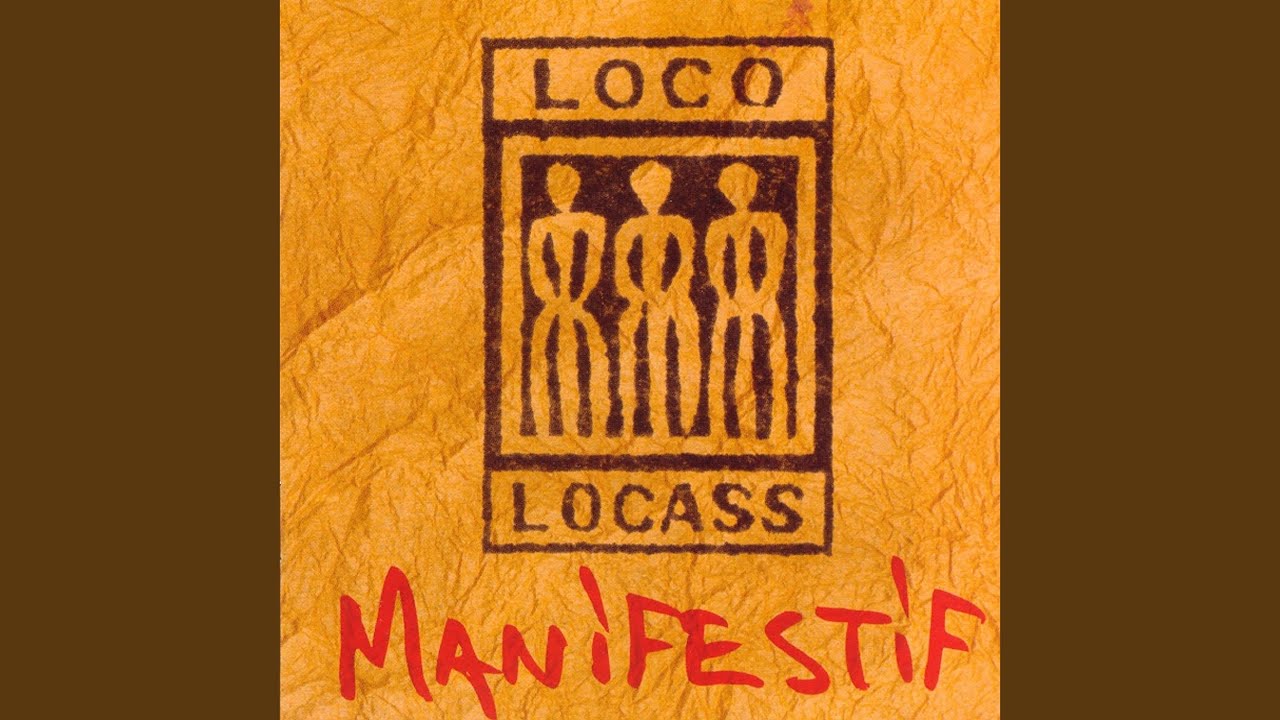

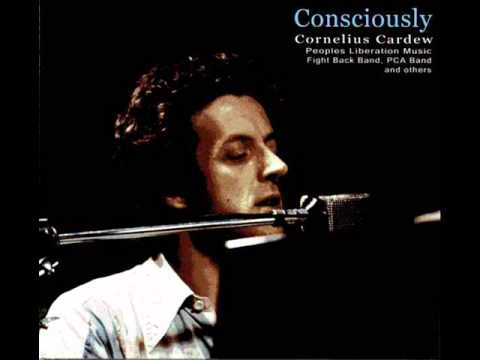

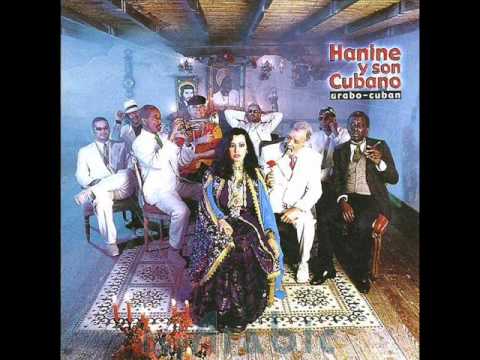

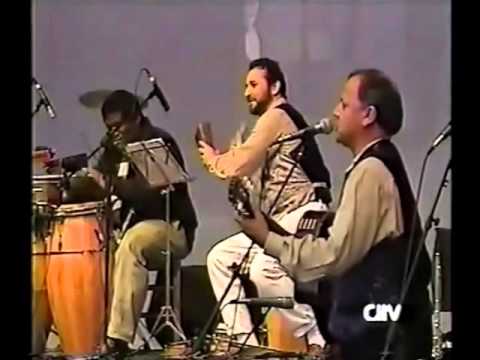

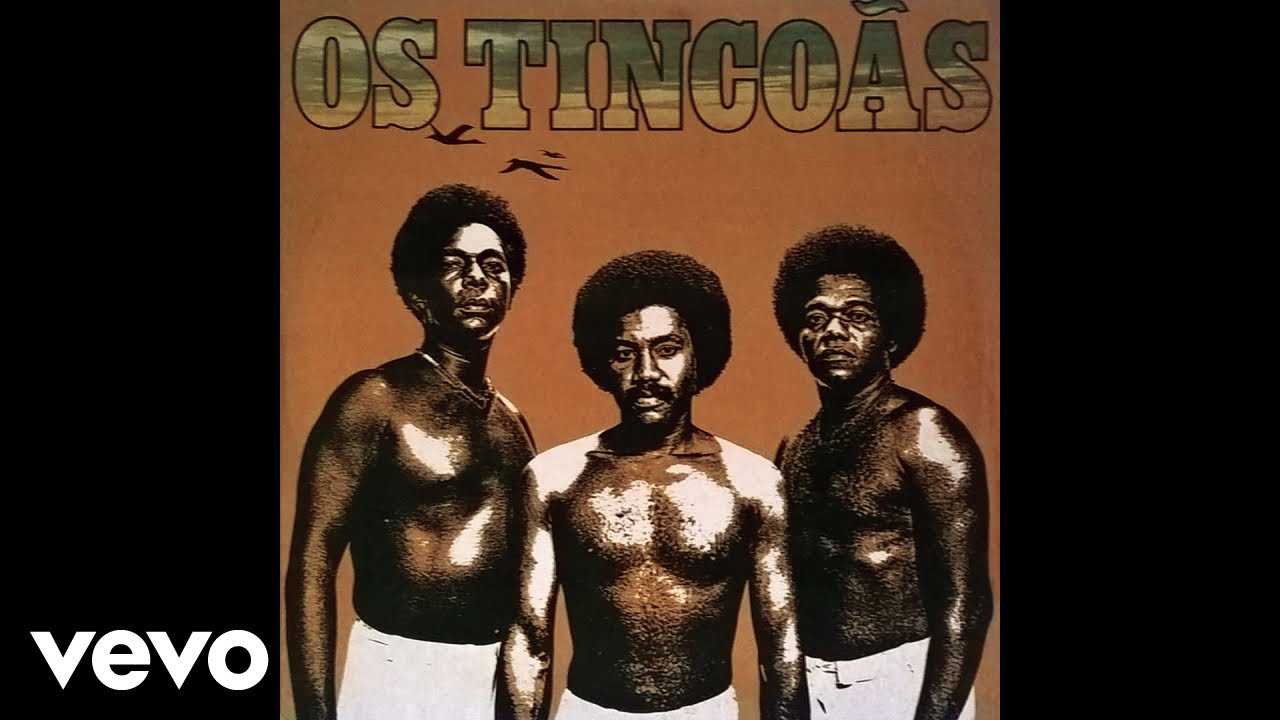







😍